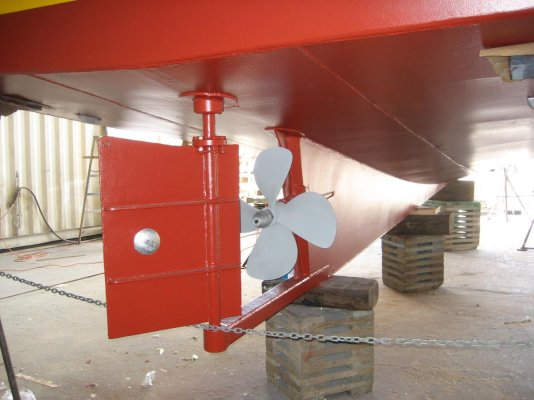sunchaser
Guru
- Joined
- Apr 9, 2008
- Messages
- 10,197
- Location
- usa
- Vessel Name
- sunchaser V
- Vessel Make
- DeFever 48 (sold)
In Puget Sound, just coming up on the Narrows bridge (only one at the time), at night, we hit something 'Bump, rumble, rumble, rumble, rumble, .
Night running in the WA and BC waters can be a challenge. Koliver's point about less debris today than a decade or two ago is spot on. Spring runoff sure brings part of the forests into the water. Our more exciting sightings have been when past Port McNeil and rounding Cape Caution with seas running and fog prevalent.
Once north of Prince Rupert and into AK debris eases off. Then a new challenge appears, commercial fishing and crabbing becomes heavier. Worried eyes front, my wife's 20/15, is really helpful.



